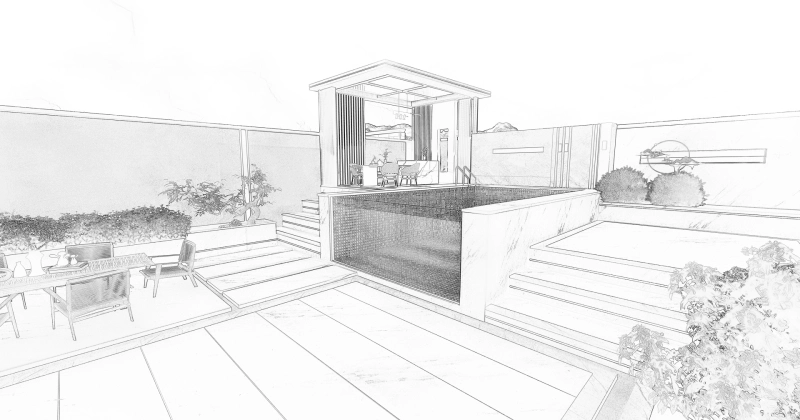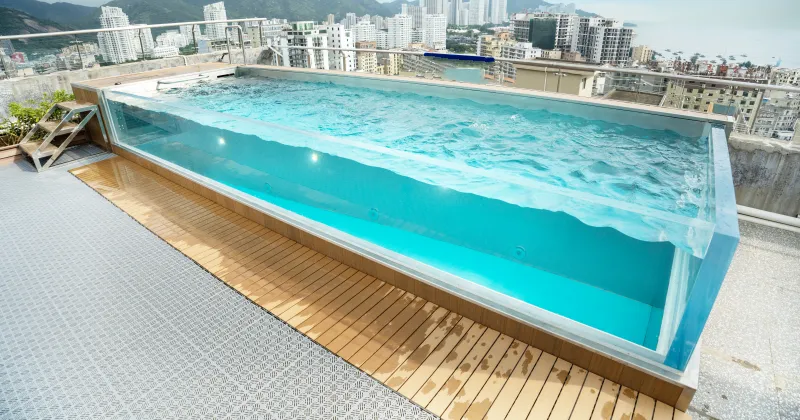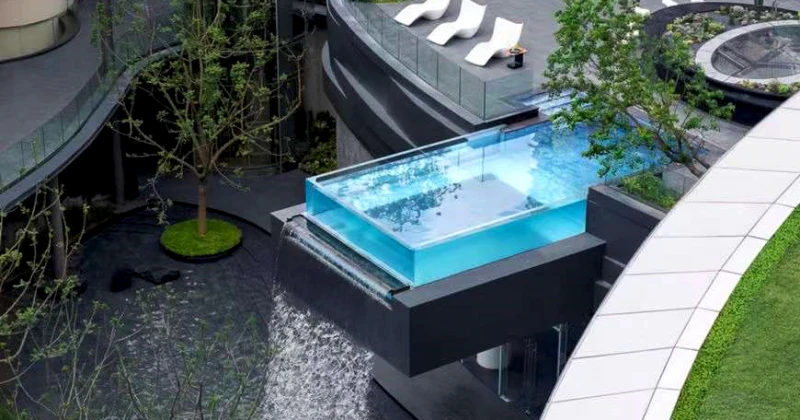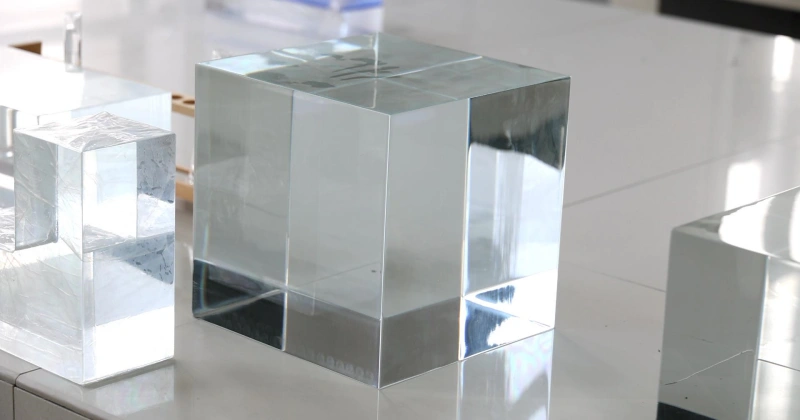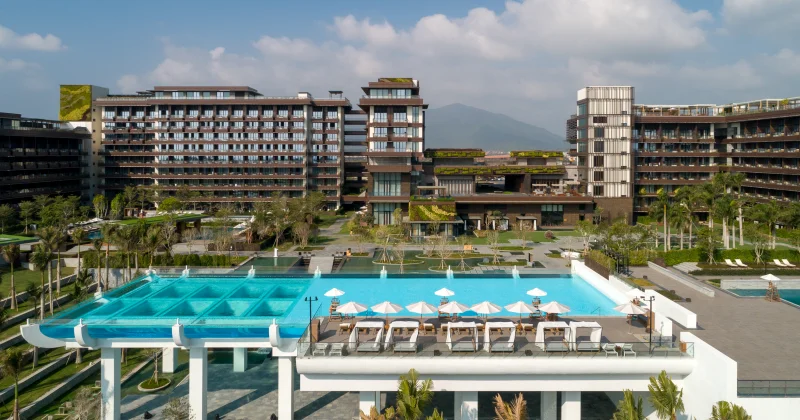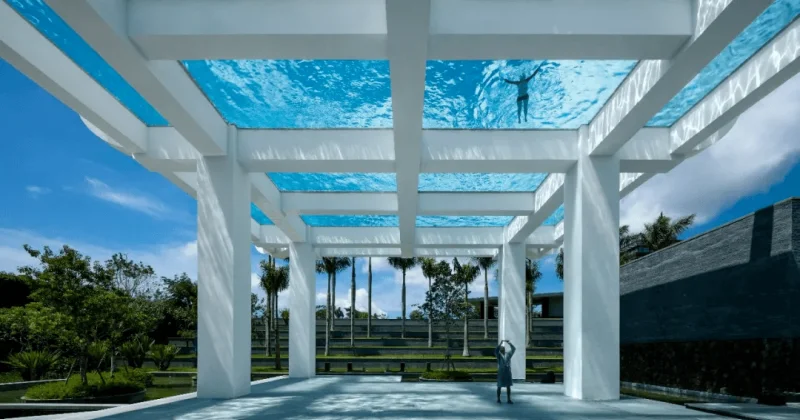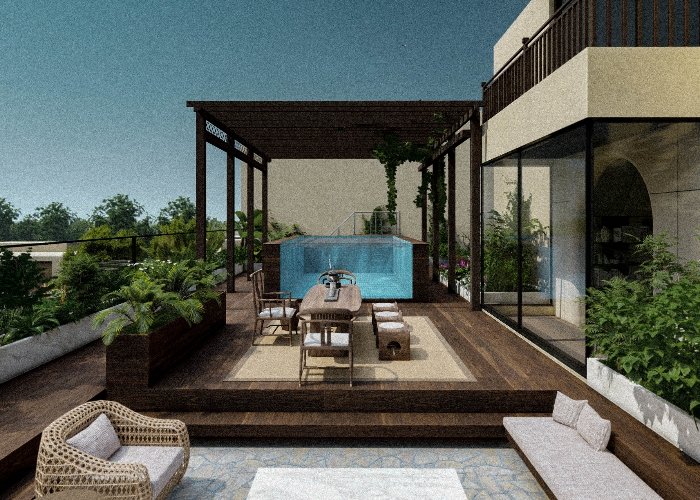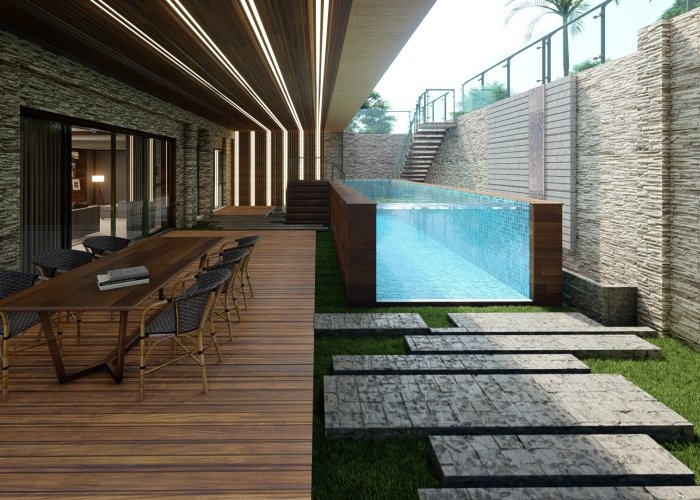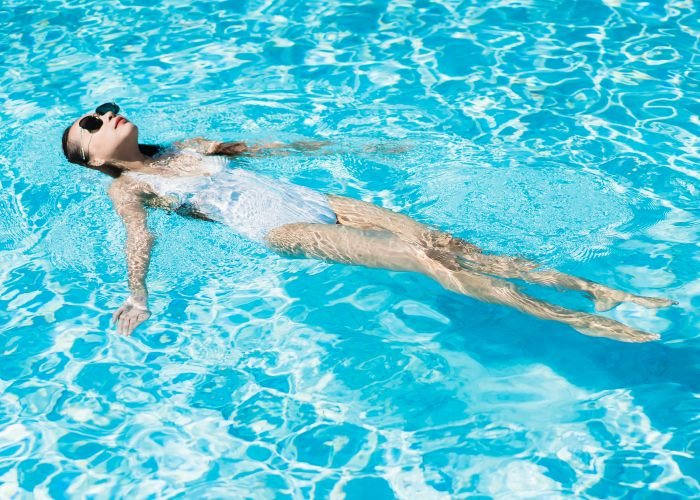
Best ways to heat an above-ground pool
Swimming pools are private oases of many swimmers where they swim and relax their mind and body. It's a sad time for swimmers when the swimming pool season comes to an end and winter season begins. But imagine if the swimming pools can be winterized efficiently and can be used even in colder temperatures. Technology has made it possible to winterize the swimming pools by heating the pool water using different methods. Some most common methods are using solar heaters, electric heaters, heat pumps, and gas heaters. These heaters can be installed in both the above-ground pools and in-ground swimming pools. Each of these devices has its advantages and disadvantages. It’s completely up to the consumer to use any of these devices.
Solar heaters are best suited for areas with greater exposure to direct sunlight, electric heaters work best in small pools to heat them quickly, whereas gas heaters are the most effective ones to heat the pool water even in colder areas but are a bit expensive. These methods are explained in this blog along with their advantages and disadvantages.

Solar Heaters:
Using solar energy for heating an above-ground swimming pool is the cheapest method for heating a pool. It uses sunlight as its basic source of energy for heating purposes and thus it's an eco-friendly method to get a heated pool. There are two most common methods for using solar power to heat your above-ground and glass wall swimming pools which are mentioned below:
- Inline solar heating
Using bubble covers
Inline Solar heating:
In this practice, a portion of the water pipeline is replaced with heat-capturing materials that absorb sunlight which they convert into energy to use in heating the flowing water. It continues to maintain the pool heat water supply until there is a flow of pool through pipe and provided that round off around running. This method can still heat the water even while you are swimming in the pool.
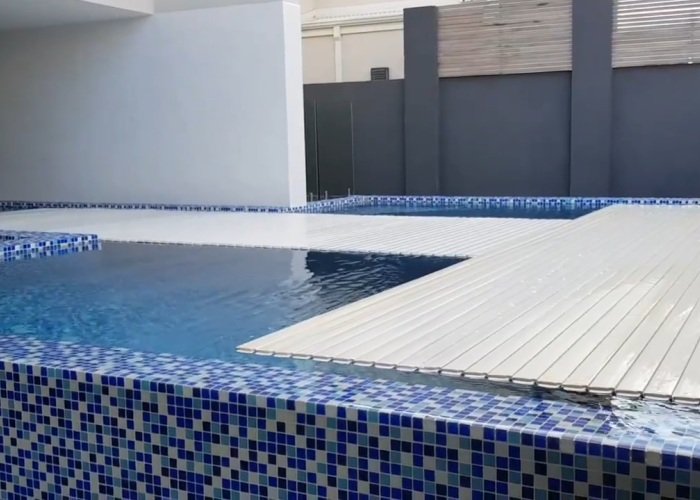
Using Bubble covers:
Bubble covers are specialized sheets filled with bubbles to capture sunlight and transform it into heat for the sake of raising the pool water temperature. It covers the surface of the pool and therefore needs a large area to absorb more solar energy to heat pool water efficiently. Since the bubble cover sheet is placed over an above-ground swimming pool water surface, this process only works effectively when no one else uses that same space in the indoor or outdoor environment. It also operates effectively only if your pool enclosure gets sufficient sunlight.
Pros | Cons |
-They have a meager annual cost. -Solar heating is an eco-friendly method that does not harm the ecosystem in any way. -It is very effective in areas with greater exposure to sunlight. -Solar heaters are more durable than the other pool heaters | -High initial expenses are one of the major drawbacks of solar heaters. -Solar heater takes longer to heat the pool area than other heating options. -They do not work efficiently on cloudy days. |

Electric Heat Pumps:
Electric heat pumps are another efficient way of heating an above-ground and acrylic swimming pool. They use electric power and a water pump in cold pool water. Electric heat pumps work in a way similar to the inline solar heaters. The part of the pipeline is replaced with electric coils which are heated using electric power by pumping it with an electric pump. The main difference between a solar heater and an electric heat pump is that an electric heat pump requires electric power to heat the water whereas a solar heater uses sunlight for that purpose. This method too has its pros and cons which are mentioned below:
Pros | Cons |
-They heat the pool water very efficiently. -They are comparatively easy to install. -They have cheap maintenance costs and lower annual costs. -They are very durable. -They can work even in cloudy weather and at nighttime. | -They cost a bit more as compared to solar heaters since they increase the electricity bill -In colder temperatures, their efficiency may be affected. -They need an extra hassle for outdoor swimming pools since they require an electric supply. |
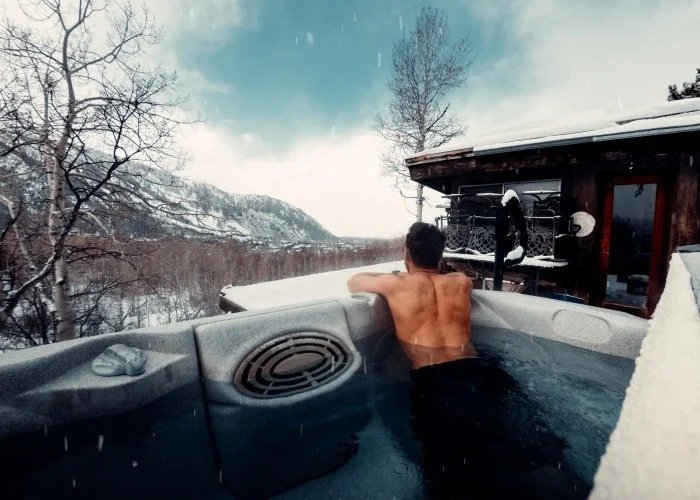
Gas Heaters:
Gas heaters are the most efficient way of heating a swimming pool. They work in any temperature and area. Gas heaters utilize natural gas to make a small fire and use it to heat pool water unlike solar heaters or electric heat pumps that rely on electricity and solar energy. Gas heaters produce their heat using gas and this is what sets them apart from other types of pool heaters. Some advantages and disadvantages of gas heaters are described below:
Pros | Cons |
-They can be used in icy environments. -They are the fastest heating option to get a heated pool -Their initial cost is comparatively lower than all other pool heating options | -They cost the most to operate since natural gas is an expensive resource than electricity and solar power. -They are not eco-friendly at all. -They need more maintenance than others and are less durable. -Mostly they need to be connected to gas lines so they may limit the location of above-ground pools. |

Electric Heaters:
Electric heaters are among the newer technologies to heat pool water. They are more efficient and safer to use. Electric heaters have fewer moving parts, and no igniter to create flames or open unwanted fires to watch out for. If you have an electric wireline in your backyard and your electric bills are at an affordable rate, this is the best option to install into your aboveground swimming pool to winterize it. Electric heaters are easy to install and have simple maintenance methods. Their pros and cons are discussed below:
Pros | Cons |
-Electric pool heaters are comparatively more efficient. -These heaters require low maintenance. -Electric heaters are safe and easy to use. | -They use electrical power and thus they increase your electricity bills. -Proper electrical wiring supplies are required to install these heaters. -A power outage may cause the heating process to stop. |

Heat Pumps:
Heat pumps are also one of the latest technologies to get the ground. They operate like an air-conditioner but in an opposite way. A heat pump takes heat from the air outside and uses it to heat the colder water inside the pool. This method is efficient and simple to install since it only requires an electric power line. These pumps however need extra care and maintenance over time because they have a refrigerant agent just like the one in your air-conditioners and refrigerators at home. Heat pumps are energy-efficient, as they use electricity to move heat rather than generate it. It makes them a pocket-friendly option to get a heated pool. They are also an eco-friendly option. Pros and cons of heat pumps are given below:
pros | Cons |
-They are easy to use and simple to install. -These heaters are a more economical option for getting a heated pool. -Heat pumps are eco-friendly and unlike Gas heaters, they do not cause any environmental pollution | -require extra care and maintenance since they use refrigerants at high pressures! -Their initial costs are comparatively higher than other types of pool heaters |
FAQs:
Can we winterize above-ground pools?
Yes, these swimming pools can be winterized using different heating methods including solar heaters, electric heaters, Gas heaters, heating pumps, etc.
Is this process expensive?
Some of these heaters are cheaper to install initially; others cost less in maintenance. This depends on the types of heaters that you use to warm up your swimming pool.
Are these heaters safe for use?
Yes, if used appropriately these heaters are completely safe.
Conclusion:
All in all, the above-ground pools can be winterized with various types of heaters. These heated pools can be used in even colder temperatures. The swimming pool heaters can be used by people who inhabit colder areas to warm up the water in their pool and use them even under extreme climate circumstances. Heaters such as all these heaters have their pros and cons, while they also differ in the setup costs as well as maintenance expenses. Whatever suits them well is left entirely to the consumer.






